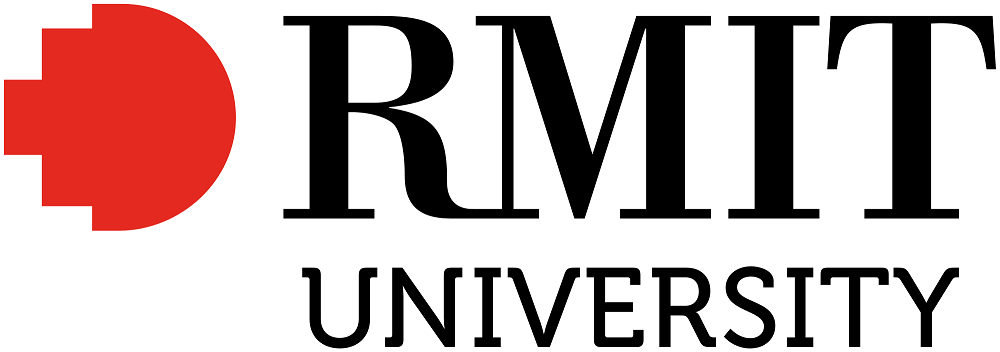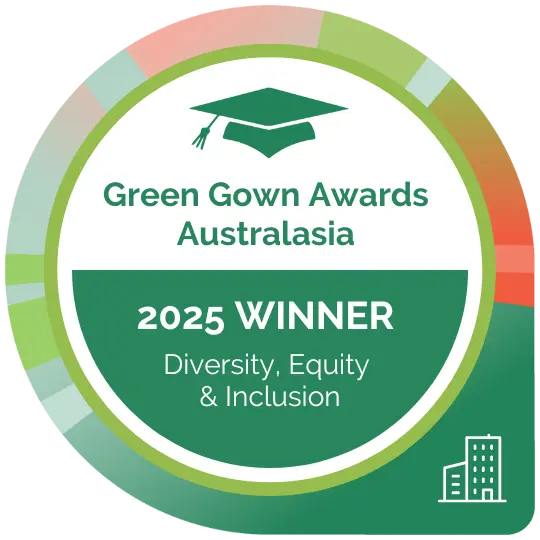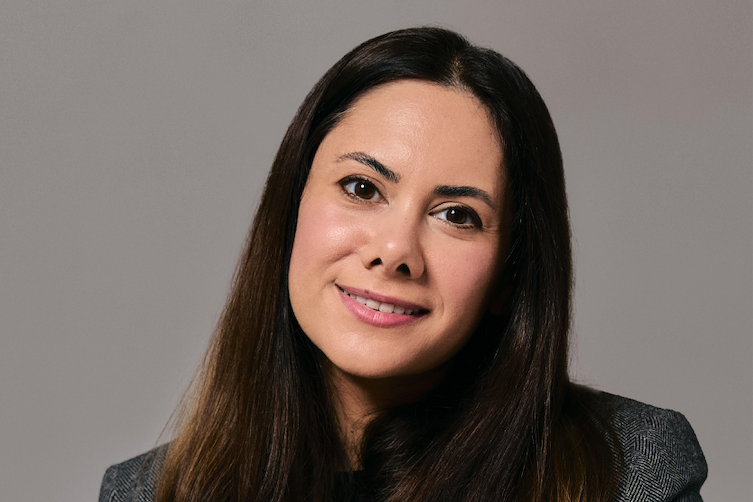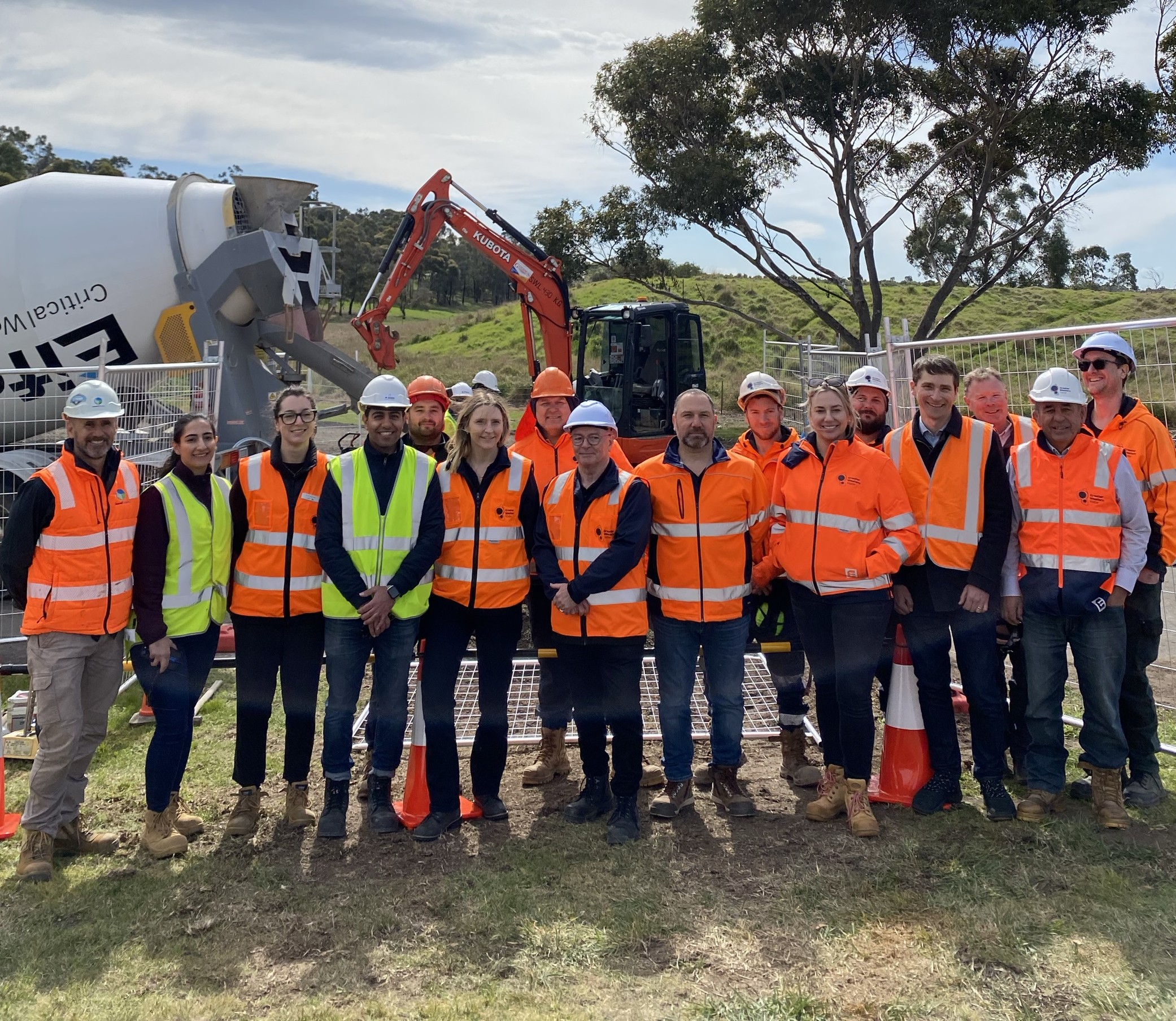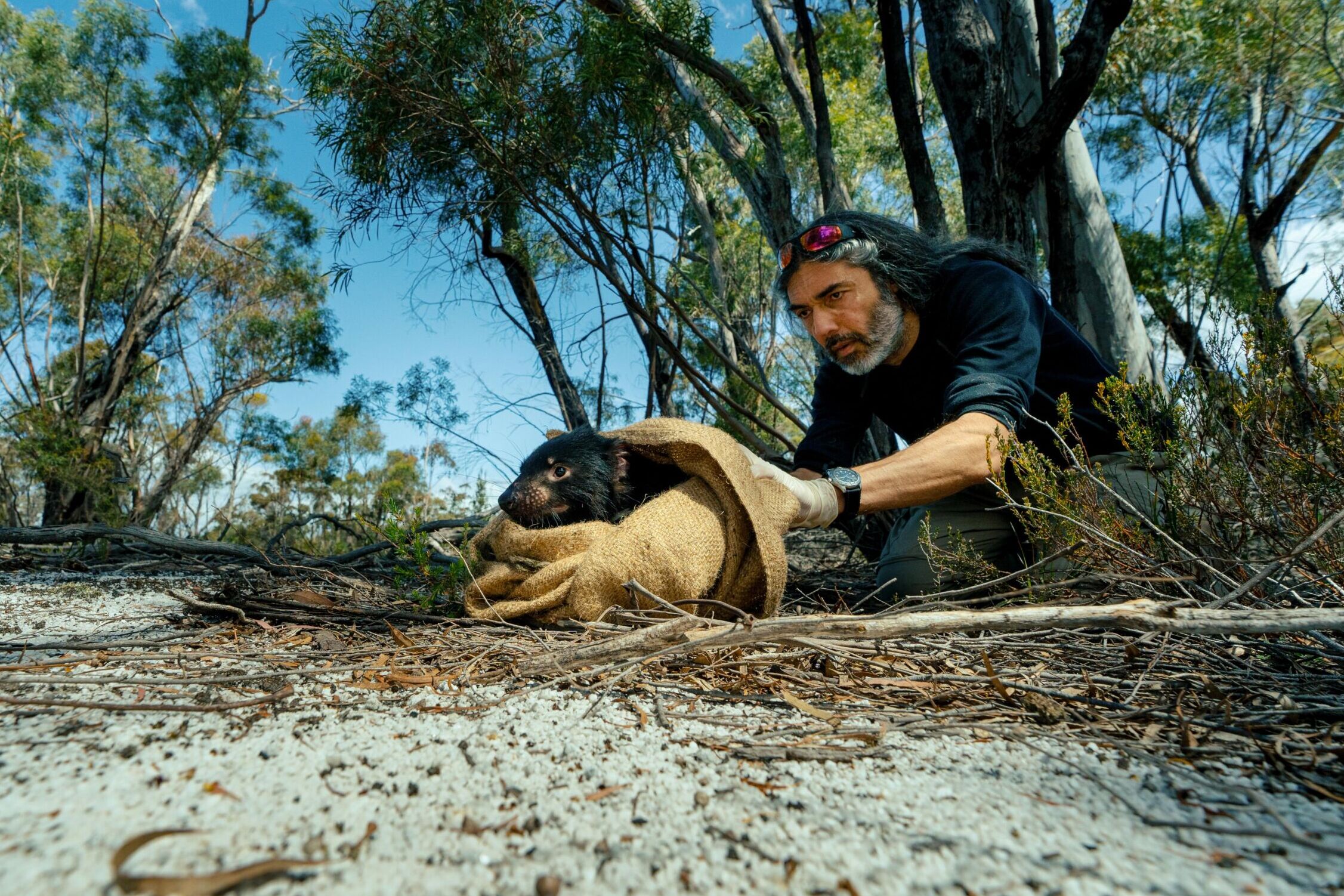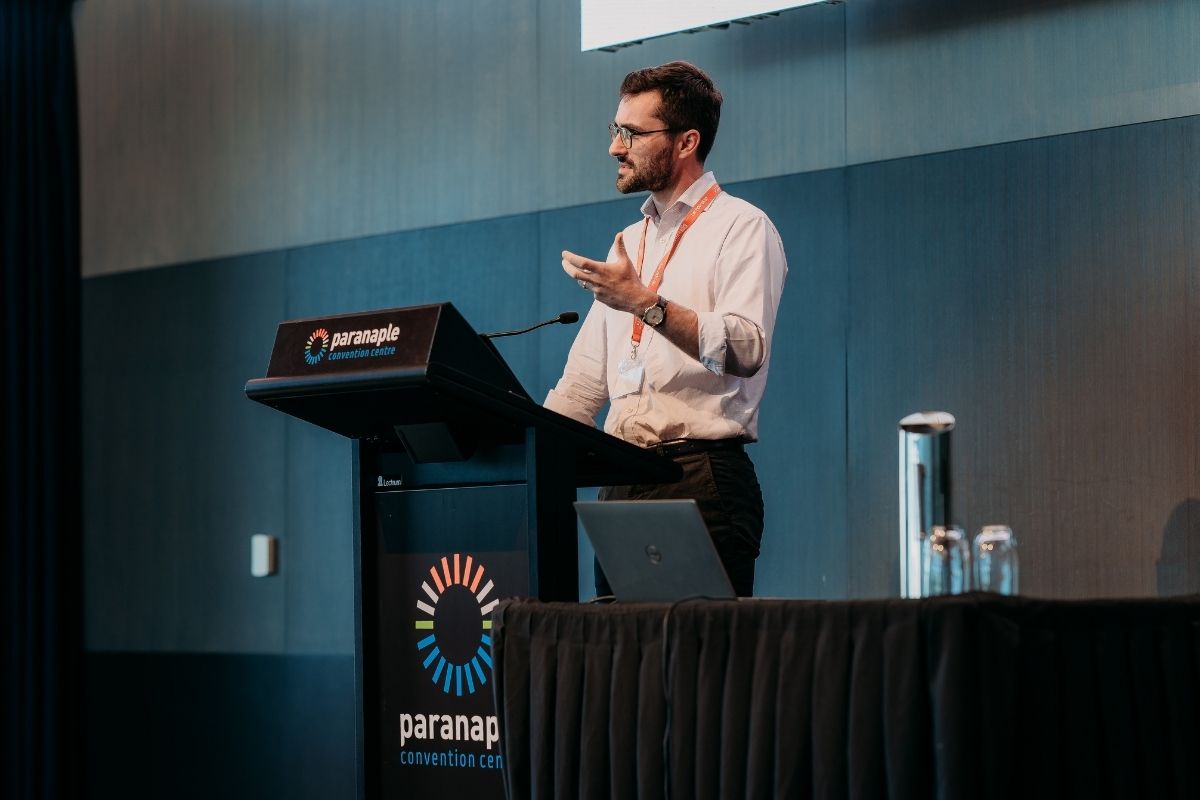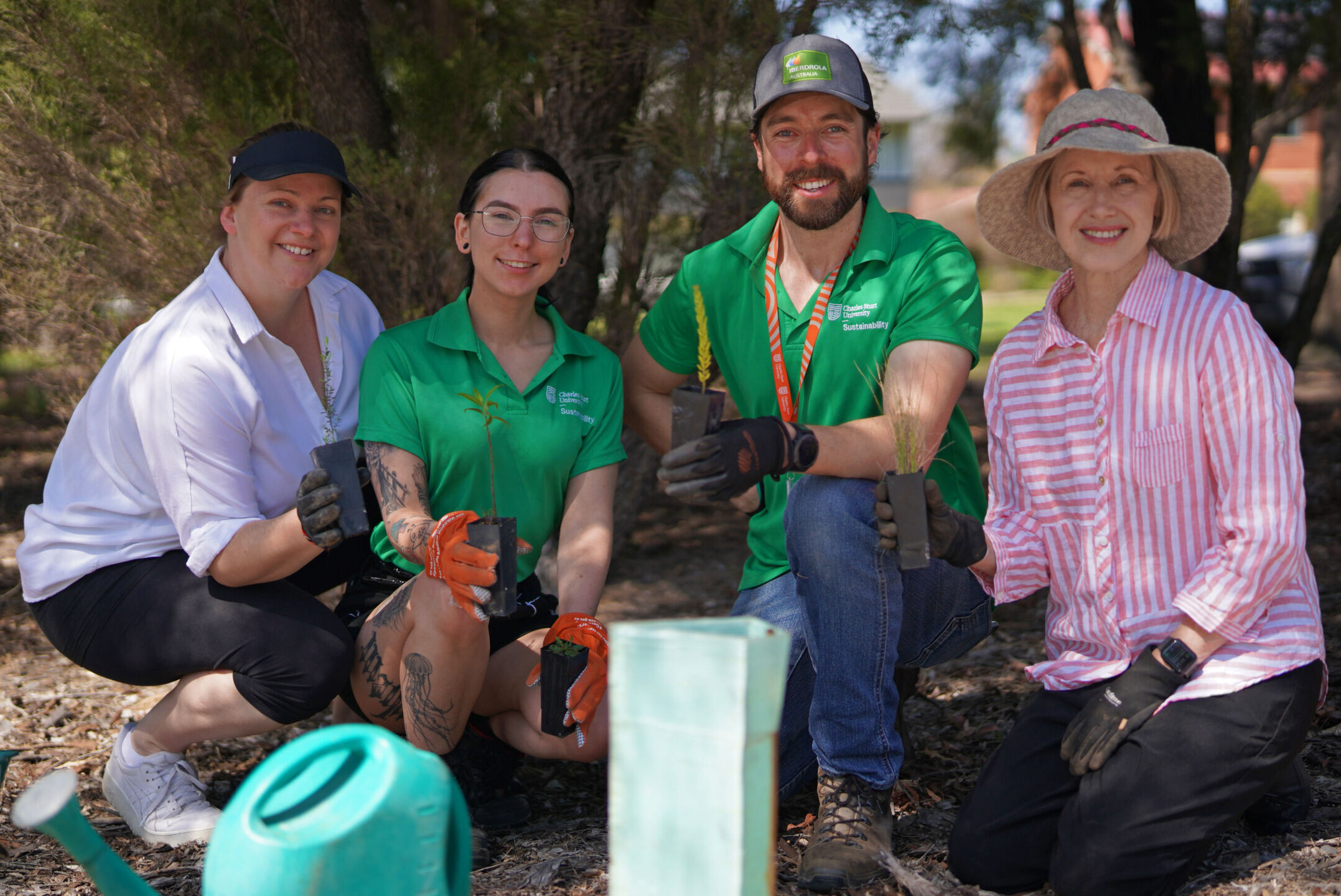Diversity Equity & Inclusion/Winner category
‘Metropolis – A Map and a Mirror’ is a student-led, participatory artwork created by RMIT alumna and wheelchair user Rachel Shugg, co-designed with over 200 students to explore themes of accessibility, belonging, and inclusive design. Part of the Art for Social Change series, the project unfolded over two years and included immersive experiences that highlighted the invisible barriers faced by d/Deaf and Disabled communities. Additionally, it provoked the wider RMIT community to notice the marks you make. Throughh a three-stage process—body mark-making, navigating physical barriers, and witnessing a live artwork performance—the initiative challenged dominant narratives of access and redefined sustainability to include social, emotional, and cultural inclusion. The resulting 4.2-metre tactile artwork remains on public display, acting as a visual reminder of the importance of universal design and diverse voices in shaping equitable environments.
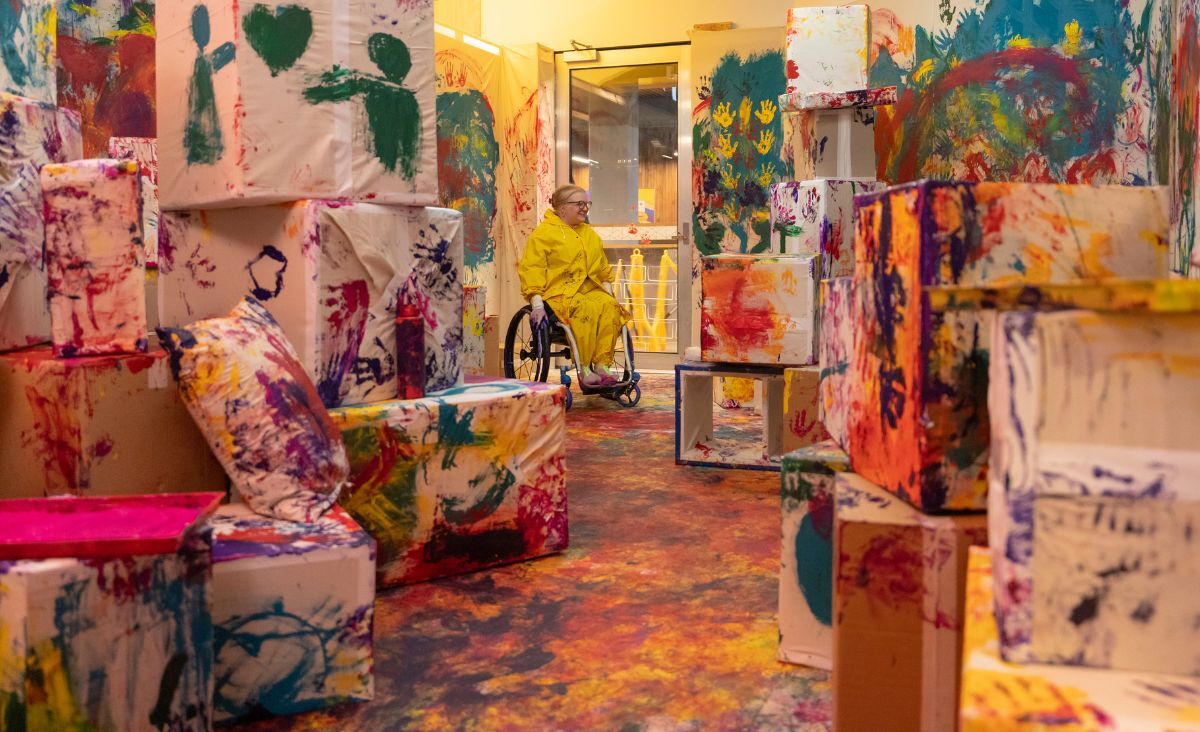
Environmental and Social Benefits
- All materials were selected for their low environmental impact, including unbleached calico, water-based paints, and reusable smocks. The project eliminated single-use items and sourced local, vegan catering. Leftover supplies were redistributed for future inclusive events, aligning with circular economy practices.
- Social benefits included co-creating safe spaces for expression, prioritising cultural safety, and building a connected student community. Paid roundtables, workshops, and inclusive art-making empowered students with lived experience and built a support network that continues today.
- Accessibility was embedded from design to delivery—participants’ access needs were met proactively, with solutions like wheelchair-safe painting methods and Auslan support. This enabled equitable participation and built confidence among both artists and volunteers.
Leadership and Engagement
- Led by a Disabled artist with lived experience, the initiative shifted power structures by embedding access into leadership and decision-making. The project champion, RMIT Student Union’s (RUSU) Disability and Carers Officer Samuel Coombs, ensured authentic representation throughout.
- Over 200 students participated, alongside 46 student facilitators as creative volunteers. Staff across Student Life, RMIT Creative, Sustainability, and Student Equity and RUSU collaborated, demonstrating whole-of-university engagement.
- The artwork now serves as an experiential learning site, featured in international campus tours and highlighted in RMIT’s IDEA Framework as a model for inclusive student engagement.
Significance to the Sector
- Metropolis represents a scalable model of inclusive, experiential learning that integrates lived experience into campus transformation. It redefines placemaking by centring the needs and insights of disabled communities.
- It connects sustainability and inclusion, challenging institutions to expand their definitions of sustainable practice.
- With documented methodology, partner engagement (e.g. Arts Centre Melbourne), and sector recognition, it is ready for replication across other institutions nationally and internationally.
Wider Societal Impact
- Positioned disability as a driver of innovation in design, sustainability, and community building, encouraging public and policy conversations about inclusion.
- Humanised disability through participatory art, fostering allyship, empathy, and systemic change beyond campus.
- Inspired the shift from one-off fixes to systemic, holistic design practices—proving that inclusive design benefits everyone and should be a standard, not an exception.
Top 3 learnings
Supported by

Category finalists
Staff Champion/Winner
Staff Champion/Winner
Diversity Equity & Inclusion
Diversity Equity & Inclusion
Leading the Circular Economy/Winner
Leading the Circular Economy/Winner
Diversity Equity & Inclusion
Diversity Equity & Inclusion
Nature Positive/Winner
Nature Positive/Winner
Benefitting Society/Winner
Benefitting Society/Winner
Creating Impact/Winner
Creating Impact/Winner
Staff Champion/Winner
Staff Champion/Winner
Sustainability Institution of the Year/Winner
Sustainability Institution of the Year/Winner
Leading the Circular Economy/Winner
Leading the Circular Economy/Winner
Nature Positive/Winner
Nature Positive/Winner
Sustainability Leadership/Winner
Sustainability Leadership/Winner
Next Generation Learning & Skills/Winner
Next Generation Learning & Skills/Winner
Nature Positive/Winner
Nature Positive/Winner
Next Generation Learning & Skills/Winner
Next Generation Learning & Skills/Winner
Student Champion/Winner
Student Champion/Winner
Student Engagement/Winner
Student Engagement/Winner
Past winners
Benefitting Society/Winners
Benefitting Society/Winners
Diversity, Equity & Inclusion in Sustainability/Winners
Diversity, Equity & Inclusion in Sustainability/Winners
Climate Action/Winners
Climate Action/Winners
Sustainability Institution of the Year/Winners
Sustainability Institution of the Year/Winners
Creating Impact/Winners
Creating Impact/Winners
Creating Impact/Winners
Creating Impact/Winners
Top 3 learnings
Diversity Equity & Inclusion/Winner category
‘Metropolis – A Map and a Mirror’ is a student-led, participatory artwork created by RMIT alumna and wheelchair user Rachel Shugg, co-designed with over 200 students to explore themes of accessibility, belonging, and inclusive design. Part of the Art for Social Change series, the project unfolded over two years and included immersive experiences that highlighted the invisible barriers faced by d/Deaf and Disabled communities. Additionally, it provoked the wider RMIT community to notice the marks you make. Throughh a three-stage process—body mark-making, navigating physical barriers, and witnessing a live artwork performance—the initiative challenged dominant narratives of access and redefined sustainability to include social, emotional, and cultural inclusion. The resulting 4.2-metre tactile artwork remains on public display, acting as a visual reminder of the importance of universal design and diverse voices in shaping equitable environments.

Environmental and Social Benefits
- All materials were selected for their low environmental impact, including unbleached calico, water-based paints, and reusable smocks. The project eliminated single-use items and sourced local, vegan catering. Leftover supplies were redistributed for future inclusive events, aligning with circular economy practices.
- Social benefits included co-creating safe spaces for expression, prioritising cultural safety, and building a connected student community. Paid roundtables, workshops, and inclusive art-making empowered students with lived experience and built a support network that continues today.
- Accessibility was embedded from design to delivery—participants’ access needs were met proactively, with solutions like wheelchair-safe painting methods and Auslan support. This enabled equitable participation and built confidence among both artists and volunteers.
Leadership and Engagement
- Led by a Disabled artist with lived experience, the initiative shifted power structures by embedding access into leadership and decision-making. The project champion, RMIT Student Union’s (RUSU) Disability and Carers Officer Samuel Coombs, ensured authentic representation throughout.
- Over 200 students participated, alongside 46 student facilitators as creative volunteers. Staff across Student Life, RMIT Creative, Sustainability, and Student Equity and RUSU collaborated, demonstrating whole-of-university engagement.
- The artwork now serves as an experiential learning site, featured in international campus tours and highlighted in RMIT’s IDEA Framework as a model for inclusive student engagement.
Significance to the Sector
- Metropolis represents a scalable model of inclusive, experiential learning that integrates lived experience into campus transformation. It redefines placemaking by centring the needs and insights of disabled communities.
- It connects sustainability and inclusion, challenging institutions to expand their definitions of sustainable practice.
- With documented methodology, partner engagement (e.g. Arts Centre Melbourne), and sector recognition, it is ready for replication across other institutions nationally and internationally.
Wider Societal Impact
- Positioned disability as a driver of innovation in design, sustainability, and community building, encouraging public and policy conversations about inclusion.
- Humanised disability through participatory art, fostering allyship, empathy, and systemic change beyond campus.
- Inspired the shift from one-off fixes to systemic, holistic design practices—proving that inclusive design benefits everyone and should be a standard, not an exception.
Supported by

Related finalists
Staff Champion/Winner
Staff Champion/Winner
Diversity Equity & Inclusion
Diversity Equity & Inclusion
Leading the Circular Economy/Winner
Leading the Circular Economy/Winner
Diversity Equity & Inclusion
Diversity Equity & Inclusion
Nature Positive/Winner
Nature Positive/Winner
Benefitting Society/Winner
Benefitting Society/Winner
Creating Impact/Winner
Creating Impact/Winner
Staff Champion/Winner
Staff Champion/Winner
Sustainability Institution of the Year/Winner
Sustainability Institution of the Year/Winner
Leading the Circular Economy/Winner
Leading the Circular Economy/Winner
Nature Positive/Winner
Nature Positive/Winner
Sustainability Leadership/Winner
Sustainability Leadership/Winner
Next Generation Learning & Skills/Winner
Next Generation Learning & Skills/Winner
Nature Positive/Winner
Nature Positive/Winner
Next Generation Learning & Skills/Winner
Next Generation Learning & Skills/Winner
Student Champion/Winner
Student Champion/Winner
Student Engagement/Winner
Student Engagement/Winner
Other finalists
Climate Action

Driving Towards Tomorrow’s Campus with Vehicle-to-Grid EV Technology
As part of Flinders University’s drive to innovate and become a leader in climate action, the University launched its Vehicle-to-Grid (V2G) initiative. This involved installing and maintaining 20x V2G and smart chargers for its growing electric vehicle fleet. Leveraging 100% renewable energy generated by ENGIE’s Willogoleche Wind Farm and Flinders University’s solar power systems, this enables the storage of renewable energy in EV batteries to be discharged on campus during peak demand periods. Hence, allows for these EV fleets to operate as a Virtual Power Plant (VPP) to deliver peak demand management and optimization of behind-the-meter generation.
Overall, this initiative demonstrates the reliability and scalability of bi-directional and uni-directional smart-charging systems for EVs in reducing GHG emissions while facilitating teaching, research, and innovation opportunities. Moreover, it exemplifies a sustainable and innovative solution to scale energy storage technology and increase renewables.
Sustainability Champion – Staff/Winners

Brandan Espe
Environmental Officer / Acting Grounds Supervisor
Brandan has brought over 50 federally listed Endangered species of plant into the James Cook University living collection, many of which have never been cultivated and are found in no other collection in the world.
Of these, over half have been sustainably wild collected, inclusive of field and clone data, so they can be used for ongoing conservation, research and teaching, the remaining being sourced from private and partner organisations through favours of service or trades.
He personally funded the project from 2019-2022, until funding was awarded for the program due to its success, with the program now being engrained into the Universities landscapes for ongoing management should he leave JCU, creating a threatened species legacy collection.
The program has now expanded beyond this, with an additional 48 species now funded for further addition, some of which are only known from less than 5 sightings in history.
Student Engagement

Sustainability Leaders creating real impact!
La Trobe created a unique Sustainability Leaders volunteering program to increase engagement with students on campus and empower them to act against waste and promote sustainability. It included the following initiatives:
- Promoting the reusable crockery implementation,
- Increasing knowledge action of other students on campus to diversion comingled recycling and organic waste from landfill.
- Focus on waste audits and data,
- Improved signage through new waste posters for students living on campus.
- Collaboration with Cirka (our cleaning and waste partner) to create a waste wall and;
- Learning all things sustainability (net zero, biodiversity, waste, reusables, engagement)
These initiatives yielded significant results and with a reduction in waste contamination by almost 40% at the residential buildings and engagement with over 80 groups of people for the Reusable Revolution.
Creating Impact

Where knowledge meets habits: Empowering students for a sustainable tomorrow
Our online Sustainability Challenges offer participants an engaging, self-paced learning experience centered around a specific United Nations Sustainable Development Goal (UNSDG). Requiring minimal resourcing and at zero-cost to participants, we’ve created replicable, compact, scalable, and impactful learning opportunities that result in real impact.
The Challenges follow a structured process that moves participants from knowledge gain to simple action to celebration, to establish small but mighty habits relating to waste and carbon emissions. This approach recognises that knowledge alone is often insufficient to drive behaviour change, and that ease of action and celebration are crucial components in creating sustainable habits.
Sustainability Champion – Staff/Winners

Catherine (CeeJay) Donovan
Veterinary nurse – Anaesthesia
From establishing the Massey Vet School Green Team to leading impactful initiatives, my commitment to environmental sustainability has been making waves. With the help of my team, I have accomplished numerous small, yet meaningful actions, including integrating a sustainability lecture for final year vet students and implementing battery recycling alongside rechargeable battery use. Our larger projects encompass the introduction of green waste and soft plastics recycling bins, an energy audit resulting in power-saving measures, and playing a part in a successful rubbish audit. I spearheaded the ‘6 in 6’ campaign, empowering individuals with six simple steps for workplace sustainability. Through the SustainaVet social media pages I help to educate and inspire peers nationwide. As the Massey School of Veterinary Science sustainability champion, I had the privilege of speaking at the annual veterinary conference on sustainability in clinical practice. Currently I’m conducting pioneering research on responsible cat waste disposal. Together, we’re forging a greener future, one initiative at a time.
Sustainability Champion – Student

Louis Walmsley
SDG Coordinator Monash Association of Sustainability, Office Bearer Monash Student Association’s Environmental and Social Justice Department, Masters of Environment and Sustainability Student
Louis is an exceptional student sustainability leader at Monash University. His passion and dedication to sustainability have made a significant impact on the community. Louis’s values revolve around sustainability, which is evident upon meeting him. He actively participates in various sustainability groups, demonstrating his commitment to creating a more environmentally conscious society.
One of Louis’s notable involvements is with Precious Plastic Monash, where he organizes remarkable events and fosters collaboration among like-minded individuals, student groups, and staff. His contributions to the Monash Association of Sustainability have allowed him to conduct valuable research on plastic usage and climate action, resulting in positive changes within the university.
Through his work with the Monash Student Association, Louis has engaged hundreds of students in fun and interactive sustainability initiatives. He took the initiative to organize a sustainability food fair, which was one of the largest sustainability-related events held at Monash post-COVID. This accomplishment is a true testament to Louis’s hard work and creativity.
Louis is an outstanding student leader whose efforts in sustainability have had a lasting impact on Monash University and its community. His inspiring nature resonates with everyone who knows him.

